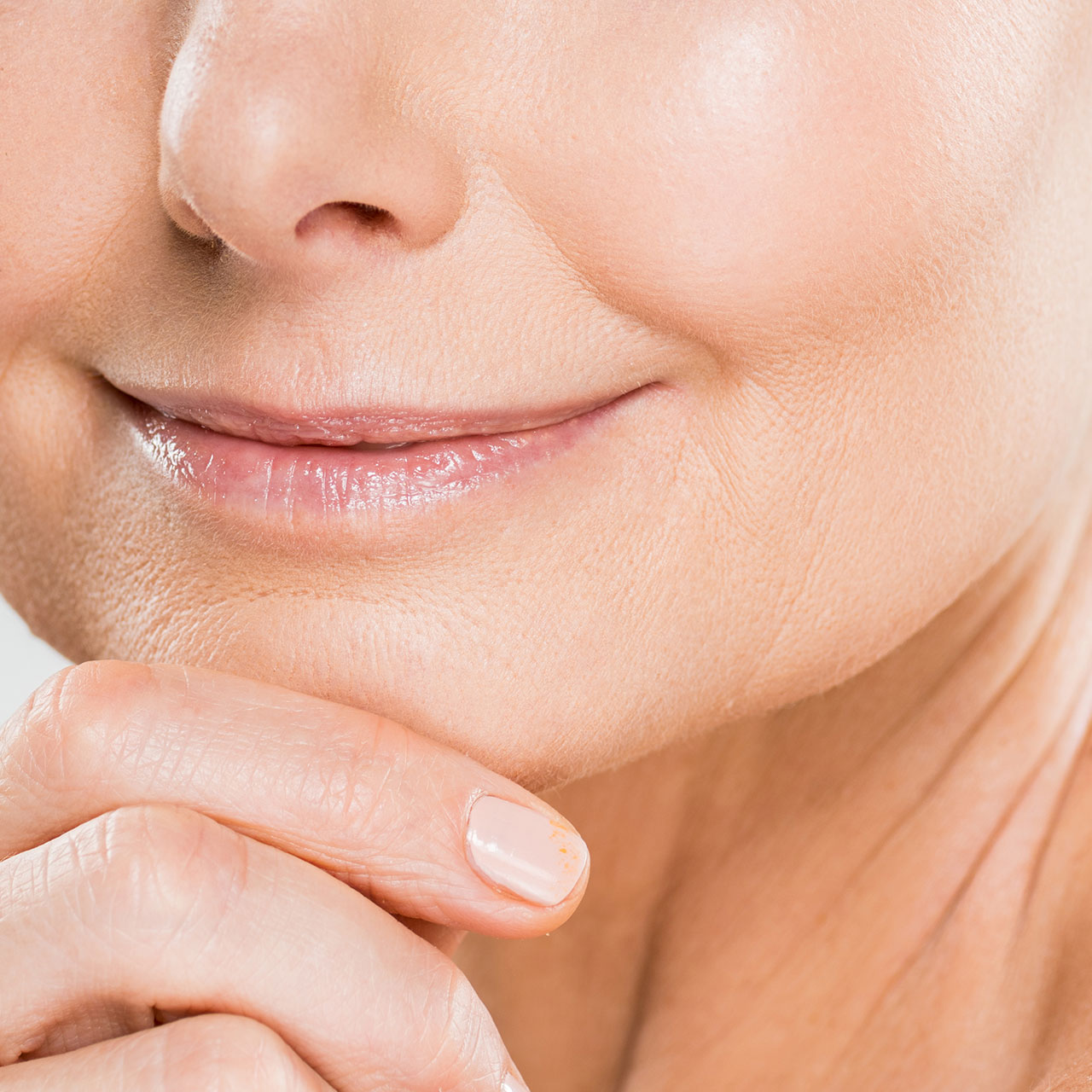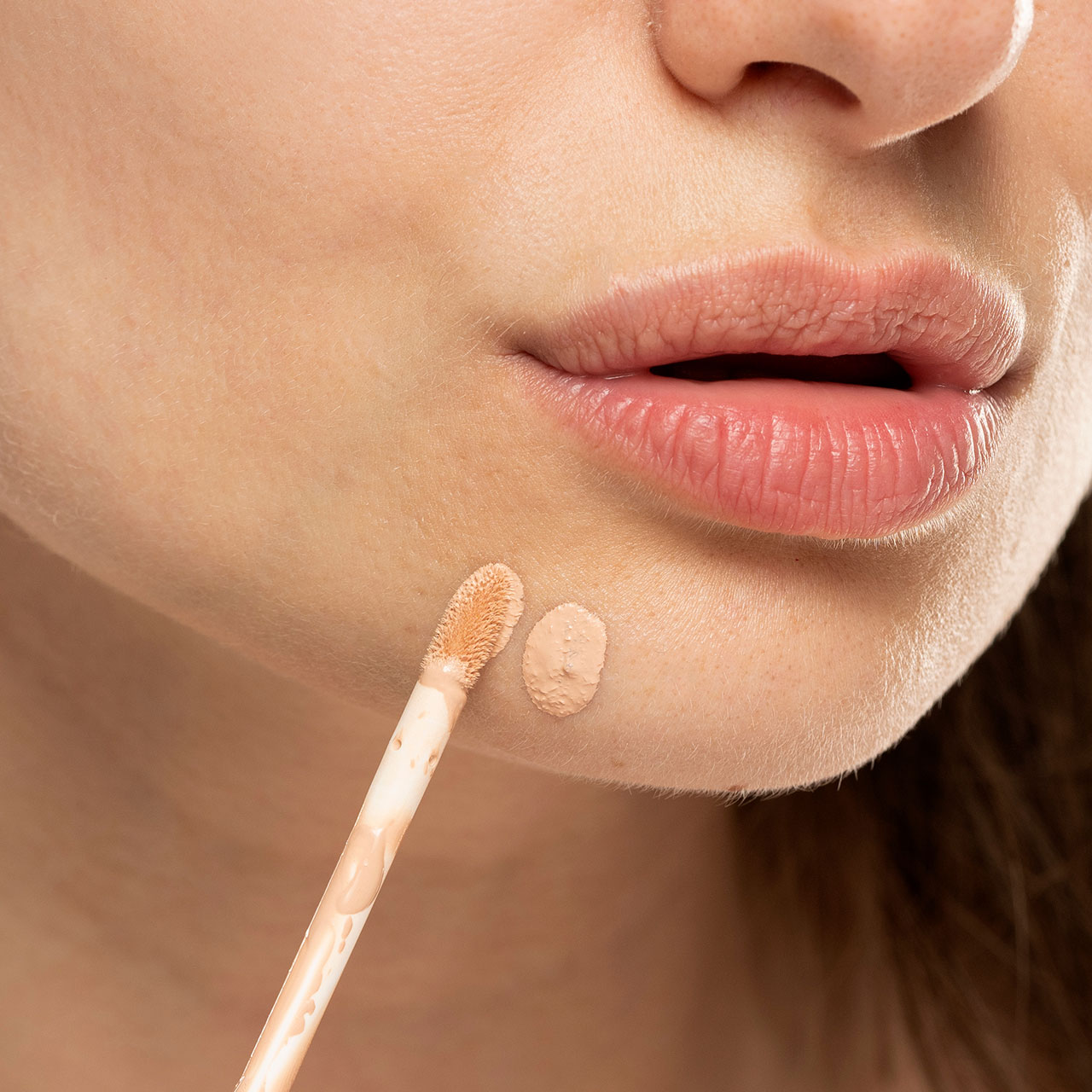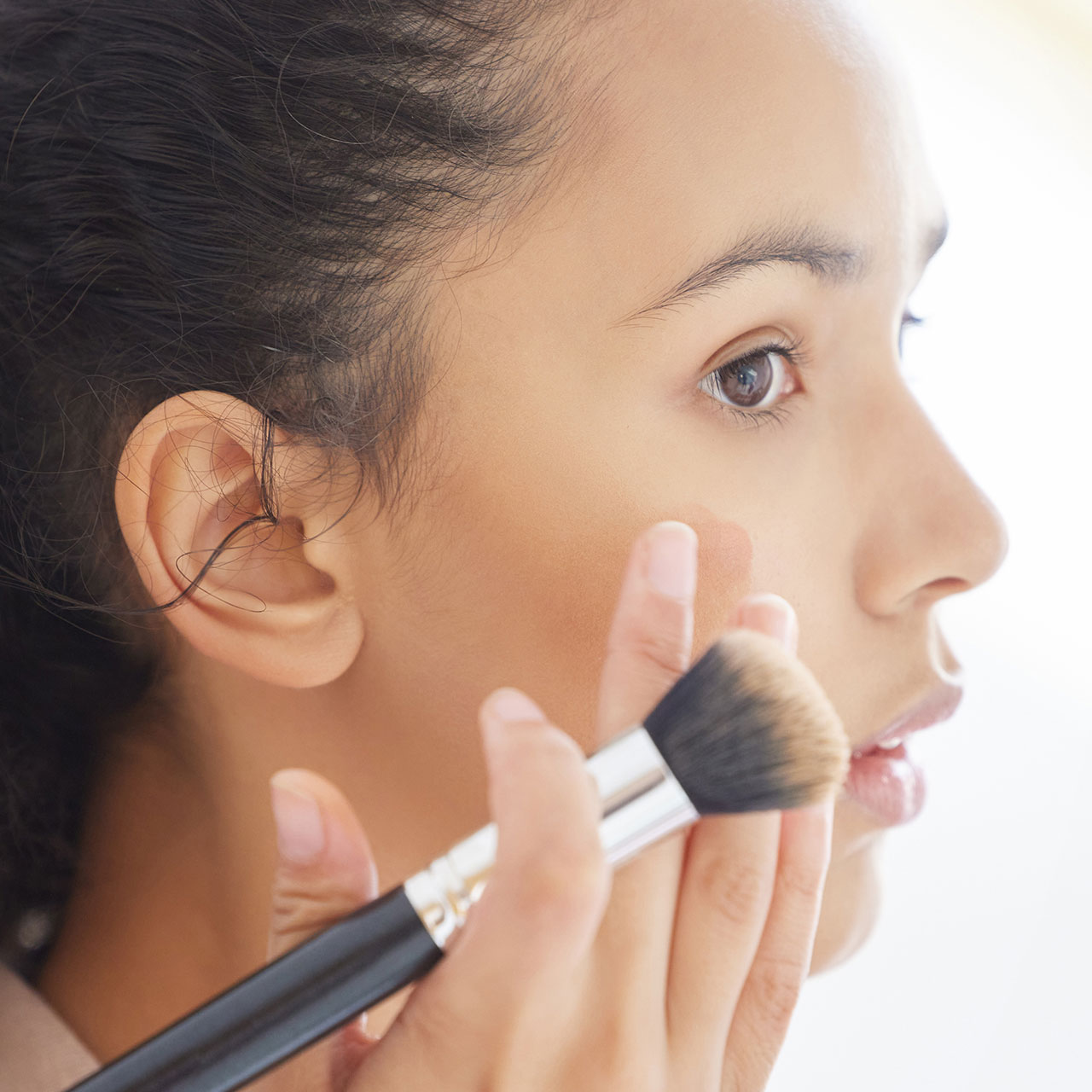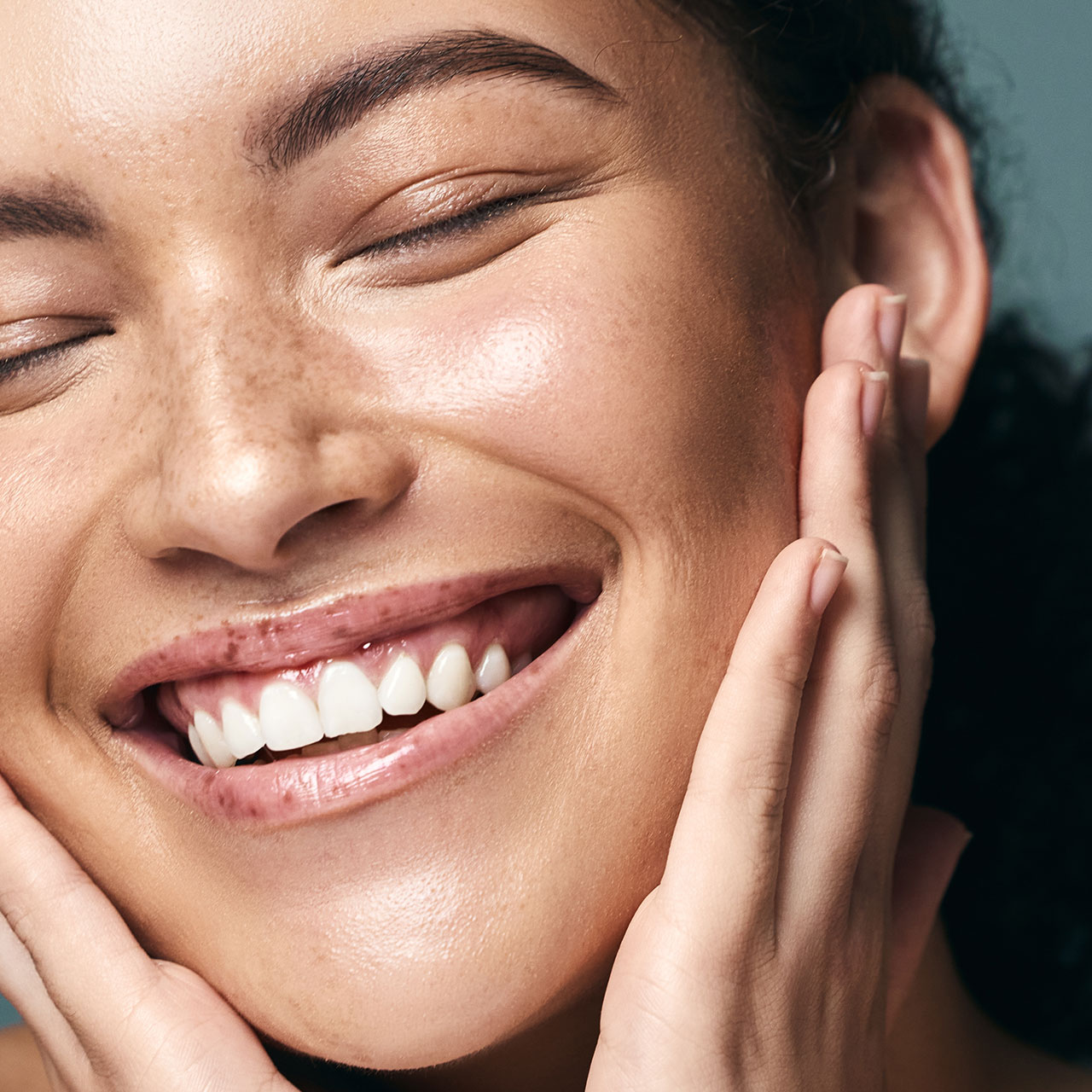We’ve all had those stubborn zits that come out of nowhere and are impossible to cover up with makeup, but there’s nothing worse than the kind of breakouts that sit under your skin and linger for weeks. It most commonly hangs out around your chin and cheeks, and depending on the severity, can even be painful. Hormonal acne is unfortunately very common and may be more frequent close to your period—and for some it may never go away. Hormonal acne can be a way of your body sending you the message that your hormones are out of balance, so the best way to treat it is to go to the root of the problem—your hormones themselves. We asked Dr. Ahmad Nooristani, M. D., CEO of Balance 7, how to balance your hormones and reinvigorate your skin.

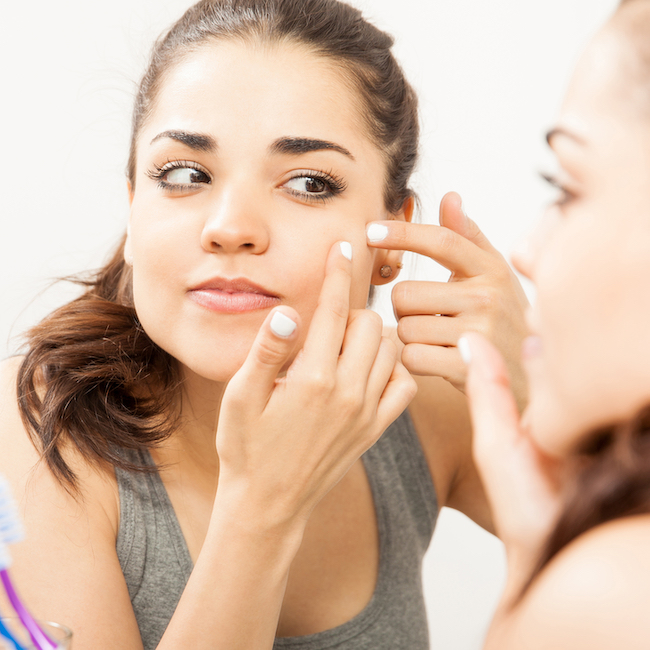
Many people don’t realize how much our hormones control our overall health. When your hormones are out of balance, it can wreak havoc on your entire body. But how exactly do they do this? “Hormones are the chemical signals that play a crucial role in every aspect of our lives, from regulating our blood pressure to our skin appearance. We go through hormonal changes from the time we are born until we die. Our hormone levels increase throughout childhood and hit their peak during teenage years. Once we enter into our 30s, they begin to drop and continue to drop until the older age,” Dr. Nooristani says, “So how do hormones affect skin’s appearance? To answer that question let’s look at some of the responsible hormones and see what they do for the skin and why we see some of the changes (dryness, acne, rosacea, increased pigmentation, wrinkles to mention a few).”

Estrogen: “This is one of the main sex hormones in women,” It also has a major impact on the appearance of your skin, “Estrogen affects collagen, Hyaluronic acid and Elastin. It keeps your skin hydrated and serves as a protective barrier, and it promotes cellular regeneration.” If you have a significant decrease in estrogen, it could mean more dry skin, wrinkles, decrease in wound healing, and an increase in inflammatory processes.
Testosterone: “It is present in both sexes but men produce a lot more of it than women, and it helps with cellular regeneration and elasticity. While too much of it causes oily skin and hair in unwanted areas, too little of it leads to dull complexion and decrease in skin density.”
Progesterone: “Progesterone is mainly a female hormone and its job is to regulate estrogen and testosterone,” Dr. Nooristani says, “It will give you more youthful and radiant skin.”
You may be quick to treat your skin issues topically, but often they are a sign that something internally is off balance. “We find it really striking that the visible changes are so much out in the open that we ignore the internal changes,” Dr. Nooristani says. The biggest recommendation he has is talking with your healthcare provider about getting a hormone test done and seeing if your hormones, especially the ones mentioned above, have abnormal levels, and responding to those results accordingly. “Studies have shown that hormone replacement treatments work because they will rebalance your hormones. Keep in mind there are other hormones that affect your skin health so make sure to see your healthcare provider if you have any skin problems. Healthcare providers need to find the underlying cause and initiate appropriate treatment protocols.”










